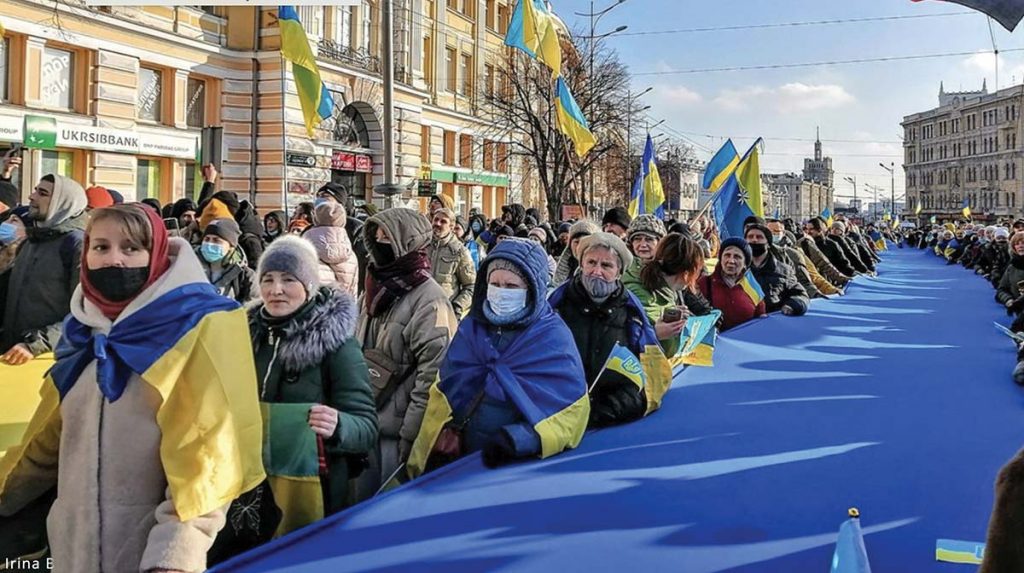KYIV – As more defense weapons pour into Ukraine from other countries, and neighboring Russia continues massing troops and offensive weaponry, Ukrainians raised their voices around the world during weekend rallies of unity on February 4-6. Similar rallies took place globally in January and more are slated over the coming weeks, said Mariia Kupriyanova, executive...

